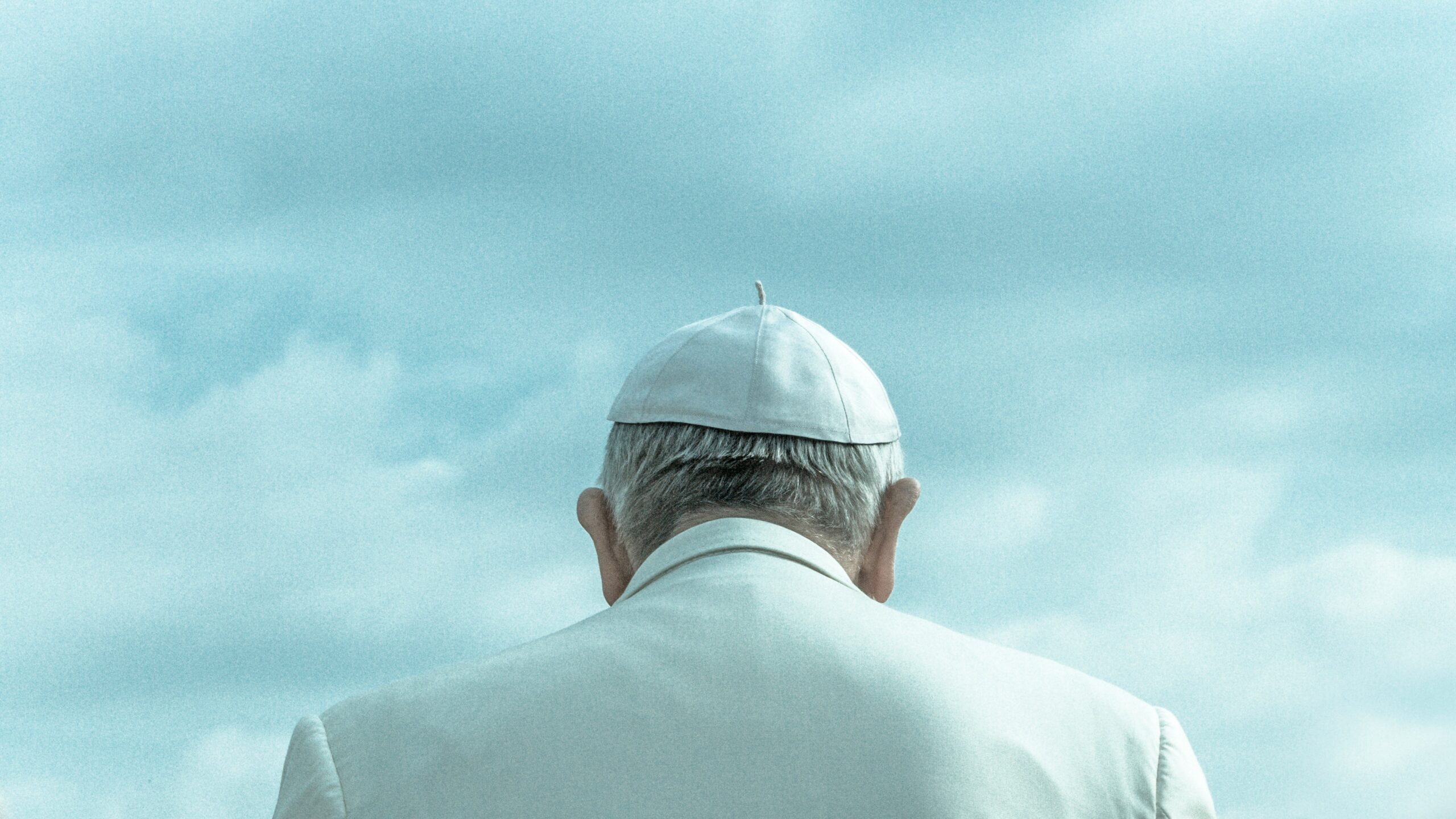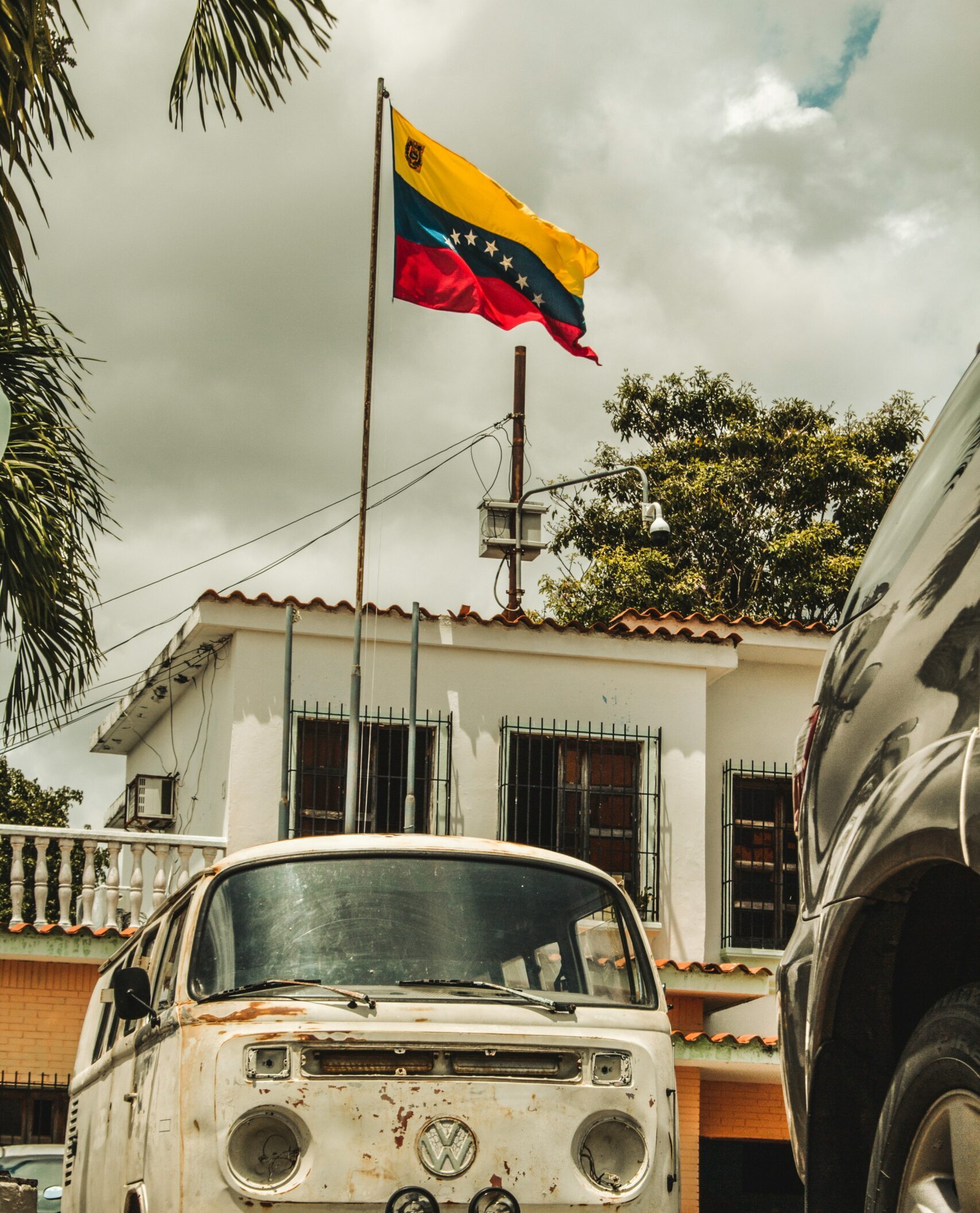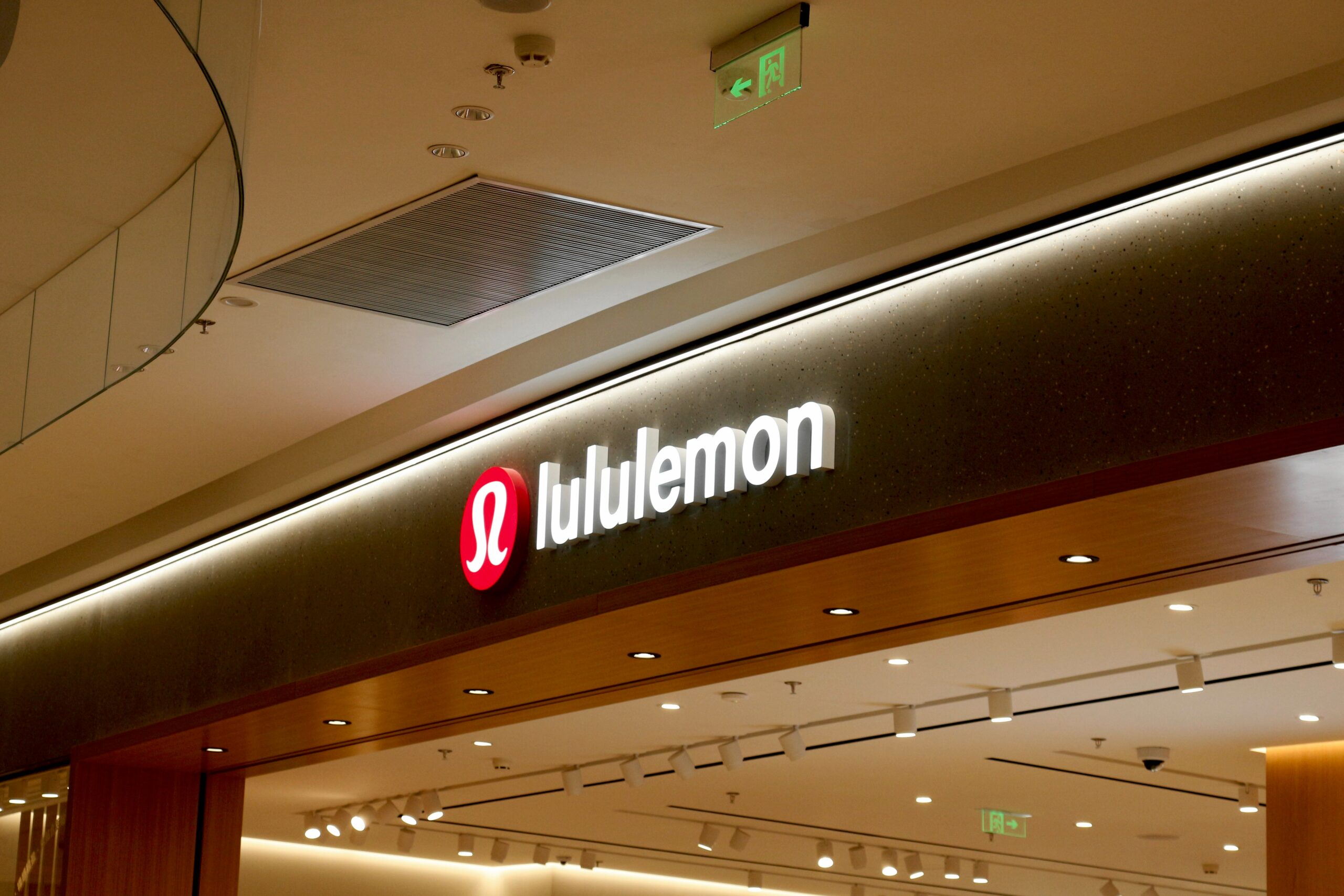Pope Francis Dies at 88: A Legacy of Compassion and Reform
By Ethan Brooks |

This morning, the world mourned the passing of Pope Francis at the age of 88 in his Vatican residence. The first Latin American and Jesuit pontiff, Francis left an indelible mark on the Catholic Church with his humble demeanor, focus on the marginalized, and efforts to modernize a millennia-old institution. His death, announced by Cardinal Kevin Farrell, followed a battle with double pneumonia, exacerbated by chronic respiratory issues. The impact of his departure resonates globally, uniting religious leaders, politicians, and the faithful in grief and reflection.
Pope Francis’ relevance extends far beyond the Church’s walls. He was a tireless advocate for social justice, climate action, and interfaith dialogue, touching hearts with his simplicity and empathy. For many, his death is a moment to pause and reflect on what he stood for: a leader who brought the Church to the streets, tackled scandals, and championed the vulnerable. This post explores Francis’ legacy, his unique contributions, and what his passing means for the future, inviting you to reflect on the impact of a man who lived to serve.
The Journey of a Transformative Pontiff
Background and Presence of Pope Francis
Born Jorge Mario Bergoglio in Buenos Aires, Argentina, in 1936, Francis took an unlikely path to the papacy. Before becoming a priest, he studied chemistry and worked as a lab technician. Ordained in 1969, he rose as a Jesuit leader in Argentina, but it was his election as pope in 2013, following Benedict XVI’s resignation, that thrust him onto the global stage. Choosing the name Francis in honor of St. Francis of Assisi, he signaled his mission from the start: a simpler Church focused on the poor and creation.
His presence was magnetic. Unlike his predecessors, he shunned luxuries, opting to live in the modest Casa Santa Marta rather than the papal apartments. His public appearances, like the Easter blessing in St. Peter’s Square in 2025, were marked by warmth and connection with the faithful. Despite health challenges, including the pneumonia that hospitalized him in February 2025, he maintained an active schedule, meeting with leaders like U.S. Vice President JD Vance the day before his death.
Key Distinctions
What set Francis apart was his ability to balance tradition with innovation. While he didn’t alter core doctrines, he opened discussions on issues like same-sex civil unions and women’s ordination. His encyclical Laudato Si’ (2015) was a landmark, positioning the Church as a leader in climate activism. He also tackled Vatican financial scandals, reforming the Vatican Bank and promoting transparency.
Another distinction was his communication style. Francis spoke with clarity and humor, whether critiquing rampant consumerism or calling himself a “sinner.” His 2013 phrase, “I want a Church that is a field hospital,” encapsulated his vision: an institution that heals wounds, not one that judges. Compared to more formal pontiffs, he was a “people’s pope,” embracing migrants, visiting prisons, and engaging with leaders of other faiths, like the Russian Orthodox patriarch.
Pope Francis’ Global Legacy
Overview of His Global Impact
Francis led 1.4 billion Catholics for over 12 years, navigating one of the Church’s most turbulent periods. He inherited an institution rocked by sexual abuse scandals and financial corruption. His response was resolute: he established commissions to protect abuse victims, punished perpetrators, and restructured Vatican bureaucracy. In 2021, the conviction of Angelo Caloia, former head of the Vatican Bank, for money laundering marked a milestone in his anti-corruption efforts.
Beyond the Vatican, he was a champion of the marginalized. He visited over 65 countries, from Brazilian favelas to African refugee camps, delivering messages of peace and solidarity. His critiques of economic inequality and unchecked capitalism sparked debate but also drew criticism from conservatives who viewed him as too progressive. Yet, his popularity endured, with gestures like washing prisoners’ feet or canonizing Óscar Romero, a liberation theology icon.
- Internal Reforms: Reorganized the Roman Curia and promoted greater inclusion of women in the Church.
- Diplomacy: Mediated conflicts, like the 2014 Cuba-U.S. rapprochement, and advocated for peace in the Middle East.
- Interfaith Dialogue: Strengthened ties with Muslims, Jews, and Orthodox Christians, fostering unity in a polarized world.
Why Pope Francis Captivated the World
Strengths and Weaknesses
Strengths:
Francis shone through his authenticity. His humility—driving a simple car or carrying his own bag—stood in stark contrast to traditional papal pomp. He was a gifted communicator, turning complex ideas into accessible messages, as seen in his 2025 book Hope, translated into over 80 languages. His advocacy for the marginalized, from migrants to indigenous communities, brought the Church to urgent global issues. Leaders like King Charles III and Russian President Vladimir Putin praised his compassion and commitment to unity.
Weaknesses:
Not everyone embraced his reforms. Conservative factions within the Church accused him of diluting traditions, particularly for his more open stances on sexuality and family. His critiques of capitalism and leaders like Donald Trump, whom he called a “disgrace” for anti-immigration policies, stirred controversy. Some critics also noted that, despite his inclusive rhetoric, structural changes, like women’s ordination, didn’t advance significantly.
A Lasting Echo: Francis’ Farewell
Pope Francis’ death marks the end of a transformative era for the Catholic Church and the world. His legacy of compassion, reform, and dialogue leaves a blueprint for a more inclusive and engaged faith. As we reflect on his contributions, from climate advocacy to his embrace of the marginalized, we’re reminded of the power of leading with humility and purpose.
Ethan Brooks




